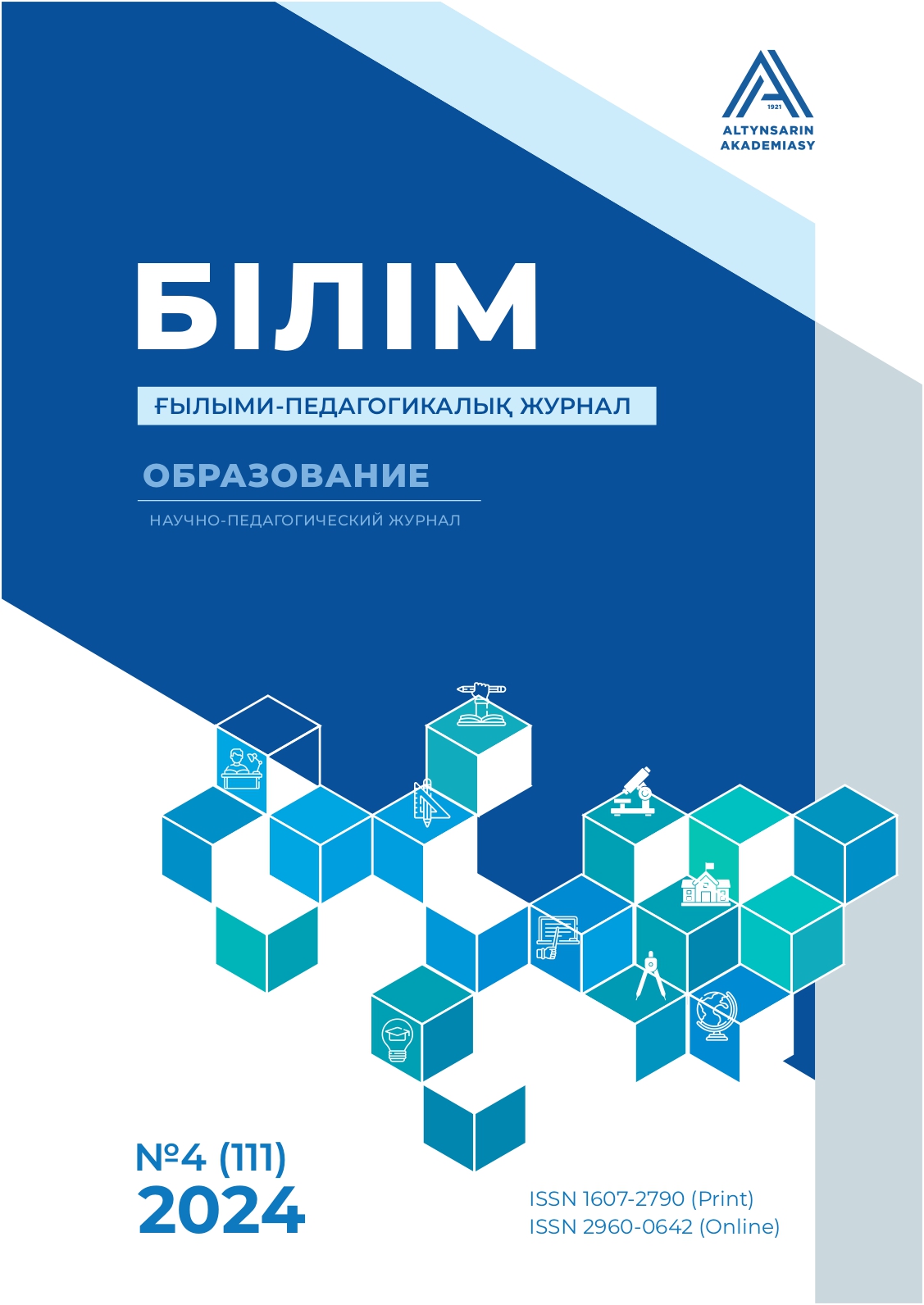Психолого-педагогическое сопровождение для успешного обучения и развития детей с особыми образовательными потребностями
DOI:
https://doi.org/10.59941/2960-0642-2024-4-201-214Ключевые слова:
дети школьного возраста, особые образовательные потребности, инклюзия, психолого-педагогическое сопровождение, успешное обучениеАннотация
В статье обосновывается актуальность представленной темы, привлекается внимание к проблеме успешного обучения и развития школьников с особыми образовательными потребностями. В глобальном образовательном пространстве существует современная задача по созданию условий в системе образования для удовлетворения особых образовательных потребностей каждого ребенка, независимо от его личностных качеств. Создание равного и доступного образования - это то, что государство должно обеспечить, в первую очередь, для своих граждан. Равное и доступное образование невозможно без специальной работы учителей. Используя свои навыки и умения, учителя должны обеспечивать равное отношение и равное образование для учащихся с разными образовательными способностями. Для достижения поставленной цели были использованы методы теоретического анализа и обработки эмпирических данных. Основным методом был опрос учителей и родителей с использованием разработанной авторами анкеты. Проведенный анализ позволил показать необходимость вовлечения родителей (законных представителей) и преподавателя-психолога в коррекционно-образовательный процесс путем использования активных форм взаимодействия с ними с целью повышения их психолого-педагогической компетентности. Это, в свою очередь, свидетельствует о необходимости расширения форм работы с учителями и с родителями (законными представителями) детей с особыми образовательными потребностями для успешного обучения и развитие их доступным методам и приемам коррекции психики школьников. Анализируя результаты опроса, мы выявили как положительные, так и отрицательные закономерности во взаимодействии участников с психологом в сфере образовательных отношений. Структура и содержание работы психолога со школьниками, имеющими особые образовательные потребности, а также их взаимодействие с учителями, родителями и юридическими представителями - все это отражает особенности их инклюзивной практики.
 ҚАЗ
ҚАЗ РУС
РУС ENG
ENG
